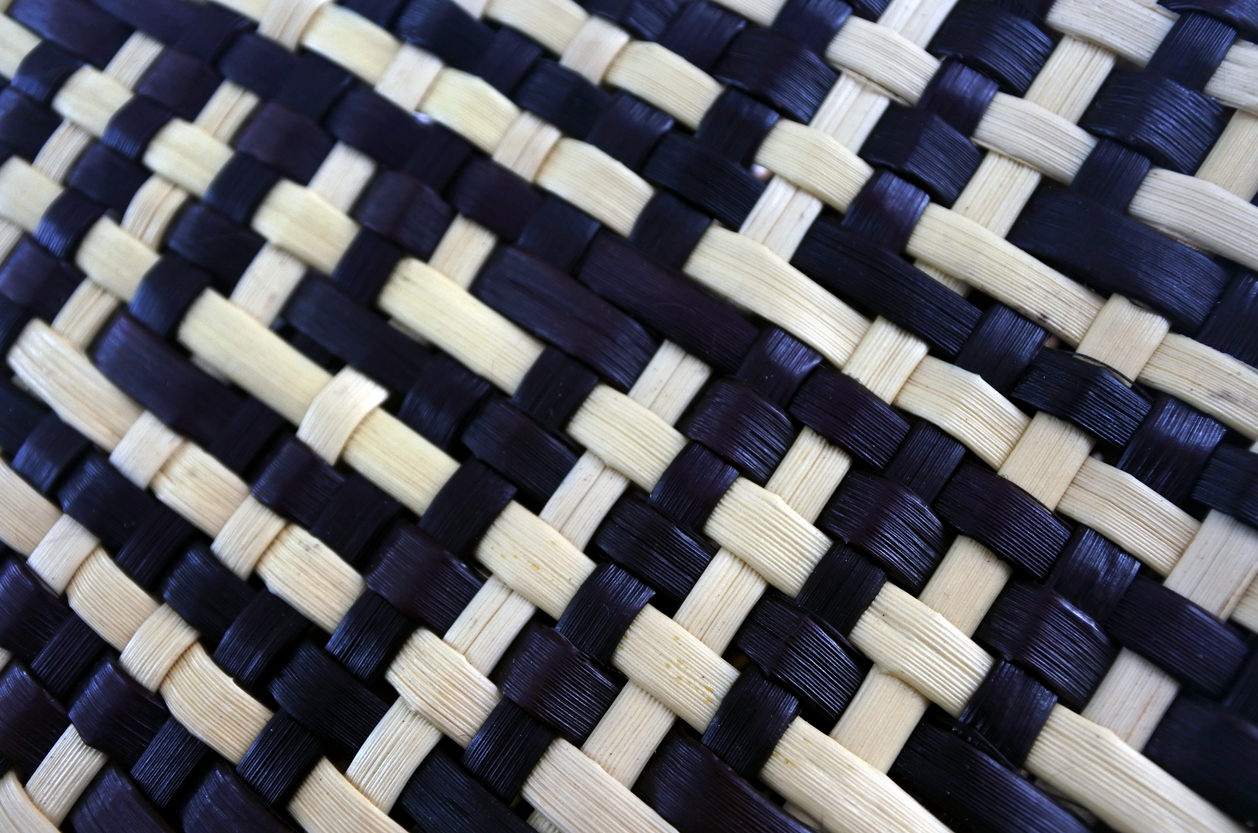News release
From:
Calling for a revolution of the health system of Aotearoa
Researchers investigating what a primary health care system that works for Māori would look like have issued a powerful challenge for revolutionary and radical Kaupapa Māori-led change across the health system.
The academics behind the Health Research Council-funded project Rarata Tāngata, Oranga Tāngata have produced a policy brief titled ‘Indigenising our future: A call to action’, collating the views of 27 Māori health leaders from across Aotearoa. The brief informs not just Te Manatū Hauora, Te Whatu Ora and Te Aka Whai Ora, but all agencies responsible for addressing inequities in health.
The team is led by Senior Research Fellow—Māori Health Dr Lynne Russell (Ngāti Kahungunu, Rangitāne, Kāi Tahu, Ngāti Porou) from Te Herenga Waka—Victoria University of Wellington, in partnership with Dr Amohia Boulton (Ngāti Ranginui, Ngai te Rangi, Ngāti Pukenga, Ngāti Mutunga), Research Director from Whakauae Research Services Ltd.
“We want to see an Indigenised workforce leading the reclamation of Indigenous knowledge as the pathway to self-determined health and wellbeing solutions for Aotearoa,” says Dr Russell.
“The whakaaro (views) of our participants around what oranga (wellbeing) will look like for tangata whenua when we hold the pen is direct and powerful.”
The policy brief stresses that, as the establishment of Te Aka Whai Ora is revolutionary, the solutions enacted by Te Aka Whai Ora must also aspire to be revolutionary: reform cannot result in simply more of the same for Māori. “A Western paradigm of health cannot be prioritised to address issues it has thus far not only failed to solve, but has made worse,” says Dr Russell.
The call-to-action builds on the recommendations of stage one of the Health Services and Outcomes Inquiry (WAI 2575), focused on primary health, which emphasised the critical importance of transforming an institutionally racist, general practice-centric, business model of primary health care. It is clear, say the participants, that the starting point for primary health care reform in Aotearoa cannot be the existing system.
“Kaupapa Māori and Whānau Ora providers are agile and innovative, and have successfully demonstrated, most recently during COVID-19, their expertise and capacity to deliver relational, whānau-centred, Te Ao Māori-driven solutions which benefit all,” says Dr Russell.
“Taking our lead from our providers and communities, we need to extend our vision well beyond what the state defines as possible for us. We are advocating for a return to the radically disruptive foundations of Kaupapa Māori, which has as its focus transformative structural change.”
The research participants say that the power of Indigenous knowledge and solutions need to be integral to this, alongside investment in communities of disruptive innovators. “To truly transform primary health care outcomes for Māori, we urge the Government and its agencies to grasp the opportunities for radical disruption which are being presented by health system reform in Aotearoa right now,” says Dr Russell.
All agencies across the full spectrum of health and wellbeing in Aotearoa have a responsibility to rise to the challenges presented within the policy brief.
The research team are currently producing further technical reports and papers based on their discussions with Māori health experts. These will be published in a number of academic journals over the coming months.



 New Zealand
New Zealand


